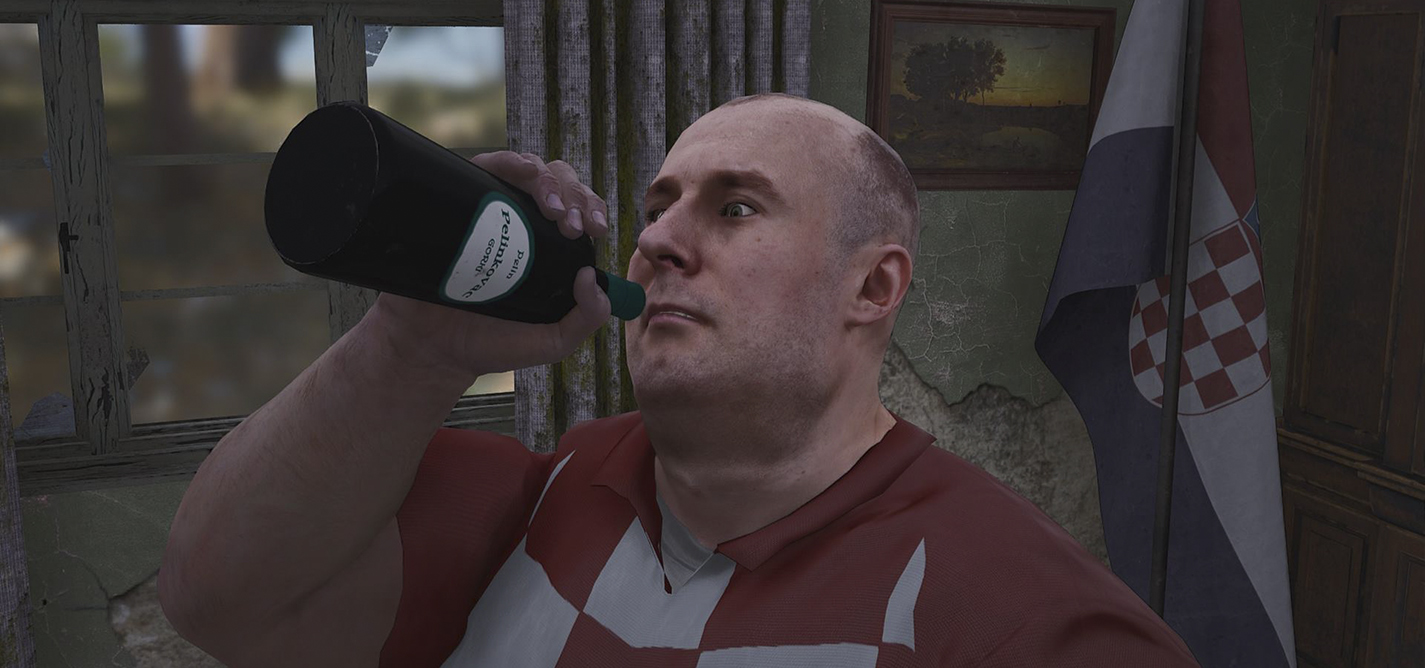
Game On
Croatia’s developers driving region’s gaming industry forward.

Milena Zajovic
Milena Zajovic has a masters in psychology and works as the editor of cultural column in the daily newspaper Vecernji list. She is the president of the volunteer association Are You Syrious?, curator of Motovun Film Festival, and an independent researcher and documentarist.
This story was originally written in Serbian.